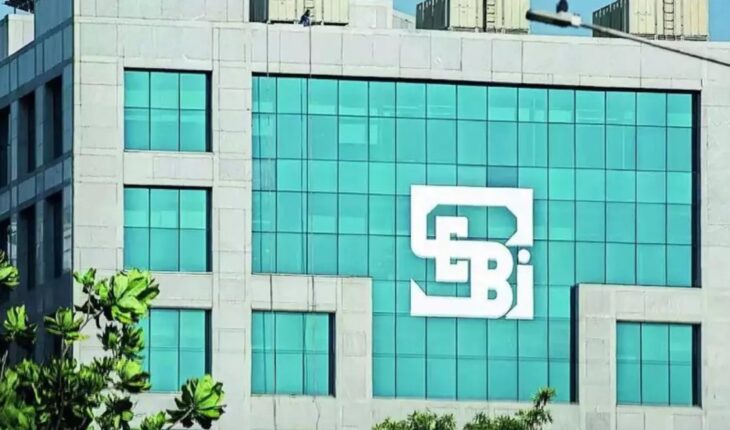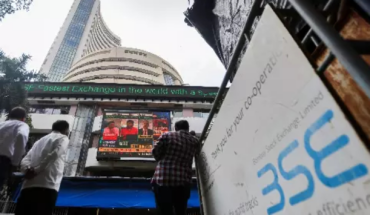New Delhi : The Securities and Exchange Board of India (SEBI) has implemented significant reforms to the regulatory framework governing Small and Medium Enterprise (SME) Initial Public Offerings.
The capital markets regulator announced that companies seeking to list on the SME platform must now demonstrate operating profits in at least two of the preceding three years, with a minimum operating profit requirement of Rs 1 crore from operations.
In a notable policy shift, SEBI has prohibited companies from using IPO proceeds to repay loans to promoter entities or related parties.
The regulator has also introduced restrictions on the offer for sale (OFS) component, limiting it to 20 per cent of the total issue size, while selling shareholders can now divest no more than 50 per cent of their holdings.
The new framework includes additional safeguards such as capping the General Corporate Purpose allocation at either 15 per cent of the IPO size or Rs 10 crore, whichever is lower. SEBI has also modified the lock-in period for promoters’ holdings, implementing a phased release structure.
Under this system, 50 per cent of promoters’ holding exceeding the minimum promoter contribution will be released after one year, with the remaining 50 per cent unlocked after two years.
To enhance transparency, IPO draft documents will now be available for public comment for 21 days after filing with stock exchanges.
The regulator has also aligned the allocation methodology for non-institutional investors in SME IPOs with that of main board IPOs, addressing concerns about leverage usage and mispricing in the segment.
These regulatory changes come amid unprecedented growth in the SME IPO segment, which has seen more than 225 companies raise over Rs 8,200 crore this year, substantially surpassing last year’s Rs 4,686 crore.
The reforms respond to regulatory concerns about massive oversubscription rates and extraordinary listing gains in the segment, which have prompted increased scrutiny from both SEBI and the exchanges.
The regulatory overhaul follows SEBI’s discussion paper last month, which proposed various measures including an increase in the minimum application size to Rs 2 lakh.
Stock exchanges have already intensified their review of draft documents, with market participants reporting increased instances of documents being returned due to insufficient disclosures.






